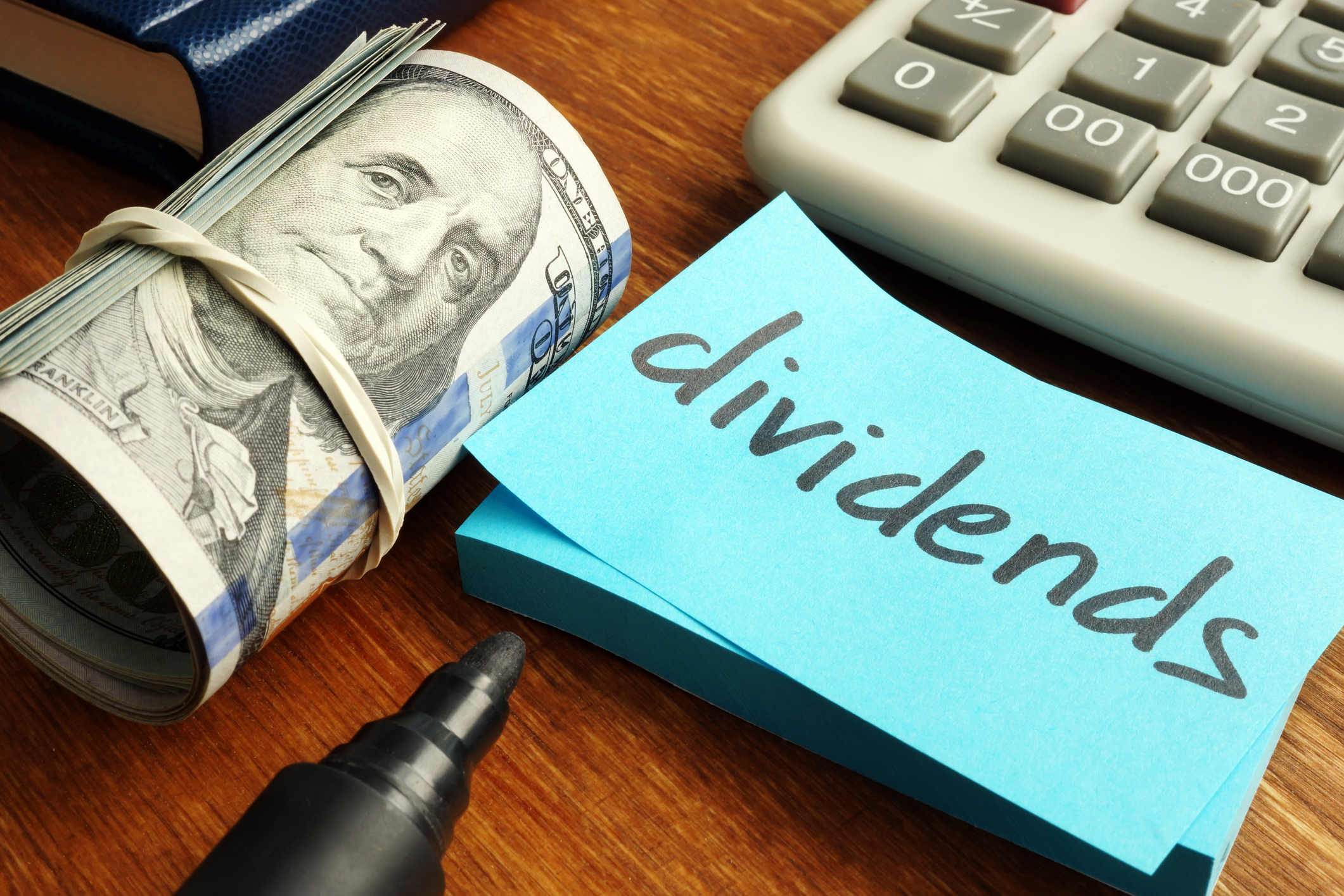Investing is an exercise in buying things that you hope will bring more money back to yourself or a business over time. But there's a flip side to investing. Sometimes you don't want to hold onto that investment forever, in which case you might choose to divest.

What does divesting mean?
Investing is an active strategy of buying assets that you expect to add value to a portfolio or company. But if your investments don't work out, you need to be able to sell them again. Divesting is getting rid of an investment. It's often referred to as divestment or divestiture.
For an individual, divesting can be as simple as exiting an investment position. For a business, divesting can get more complicated. Divestment might be the result of legal or regulatory action. For example, maybe a company is being broken up, or it needs to sell assets to pay creditors. However, sometimes businesses divest to increase the overall value of the company. A business may invest to cut dead weight or refocus its goals.
Why would an investor divest their holdings?
You may decide to divest assets in your personal portfolio if your investment thesis changes. Or perhaps you re-evaluate your moral beliefs on how you're investing. For example, you may opt to shed companies that sell or promote nicotine products.
Divesting isn't always complicated. I went through a large divestment after I realized I was dabbling far too much in industries I didn't understand. I sold a large percentage of my portfolio to better align with industries I understood and wanted to be more involved with.
Why do companies divest?
For corporations, divestment is more complicated than it is for you and me. A company may divest when it wants to free up cash to use elsewhere, sometimes to satisfy debts. Or a divestiture might occur when a company consolidates business functions. The main types of divestment are:
- Spinoffs. With a spinoff, a department or division of the company essentially becomes its own company. Spinoffs may happen as part of a merger or acquisition. Sometimes, they're also a way to streamline operations or set a high-growth business free from a slower-growing one. Typically spinoffs occur on paper only. Investors may receive shares of the new subsidiary in exchange for shares of the parent company.
- Equity carve-outs. Like a spinoff, an equity carve-out often involves a subsidiary company that's been broken apart from its parent company. But an equity carve-out involves a public sale of stock, allowing investors to buy shares of the subsidiary. The parent company retains a controlling stake in the subsidiary. It then uses this as an opportunity to fund further growth.
- Direct asset sales. In a direct asset sale, a company sells assets outright to outside companies. These assets can include real estate, equipment, or even entire subsidiaries or divisions. Done strategically, an asset sale can buoy other business operations. But some direct asset sales happen under duress. They may occur as the result of bankruptcy or another legal action. In that case, the company may have to sell these assets for far below fair market value.


















